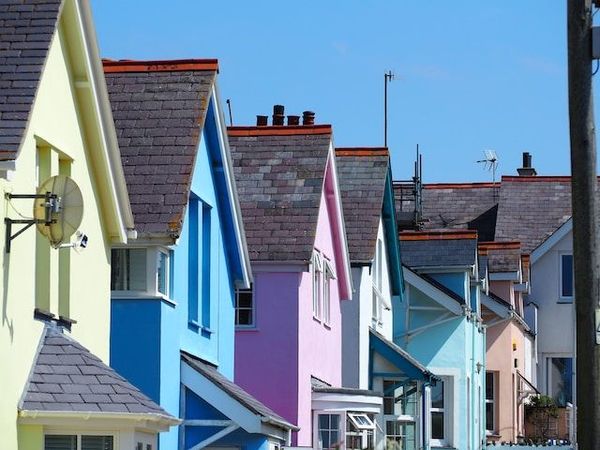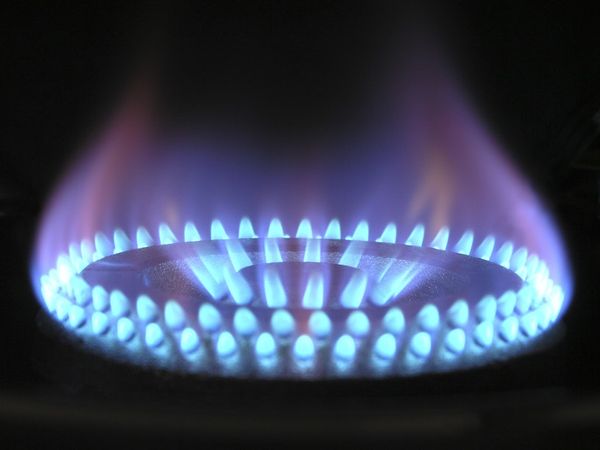If you suspect a gas leak in your home, it is vital to act quickly to ensure your safety. Gas appliances, including boilers, hobs, and ovens, can present serious risks, such as leaks, fires, explosions, and carbon monoxide poisoning.
Immediate Actions to Take
- Call the National Gas Emergency Number: If you smell gas, immediately contact 0800 111 999. This service is free and available 24/7, ensuring you receive prompt assistance.
- Ensure Safety: A gas engineer will be sent to your property to assess the situation and ensure it is safe. Always ensure that any installation or maintenance of gas appliances is performed by a Gas Safe registered engineer.
Signs of a Gas Leak
Be vigilant for these warning signs that may indicate a gas leak:
- A strong, unpleasant smell akin to rotten eggs.
- An unexplained increase in your gas usage.
- A hissing noise near your appliances.
- Unhealthy or dying houseplants.
- Symptoms in household members, including headaches, dizziness, or nausea.
Note: Natural gas is odourless; a distinctive smell is added by suppliers for safety. Carbon monoxide, on the other hand, is both odourless and colourless, which is why having carbon monoxide alarms installed is essential for your safety.
What to Do If You Smell Gas
- Ventilate Your Home: Open doors and windows to allow fresh air in.
- Turn Off the Gas: Locate your gas isolation valve, typically found in the meter box outside, under the stairs, or in the kitchen. Turn the handle a quarter turn to stop the gas flow.
- Evacuate the Property: Leave the house immediately and inform neighbours, especially in shared living situations.
Emergency Guidelines
- Do Not: Operate any electrical switches, light flames, or use mobile phones inside the premises, as these could ignite gas.
- If Your Carbon Monoxide Alarm Sounds: Switch off fuel-burning appliances, ventilate the area, leave the premises, and call the National Gas Emergency number.
Preventing Gas Leaks
To reduce the risk of gas leaks:
- Professional Installation: Ensure all gas appliances are fitted by a qualified Gas Safe registered engineer.
- Annual Servicing: Schedule annual safety checks for your appliances.
- Landlord Obligations: If renting, your landlord is legally required to arrange annual gas safety checks and provide a gas safety record.
- Install Detectors: Consider fitting gas and carbon monoxide detectors in your home for added security.
For further information on gas safety, visit the Health and Safety Executive (HSE).
Health Risks from Gas Leaks
Gas leaks can lead to symptoms such as headaches, dizziness, and nausea. While mild symptoms may resolve upon leaving the area, persistent symptoms warrant medical attention.
- If you suspect high-level carbon monoxide exposure, seek immediate medical help.
- For emergencies, contact emergency services by calling 999.
Costs Associated with Gas Leaks
Reporting a gas leak through the National Gas Emergency number is free, and an engineer will ensure safety. However, any repairs required will be your responsibility, so ensure you hire a Gas Safe registered engineer.
According to Checkatrade, the average cost of repairing a gas leak is around £380, although prices may vary based on materials and the extent of the repair.
Never attempt to resolve a gas leak on your own; always consult professionals to avoid dangerous situations.




